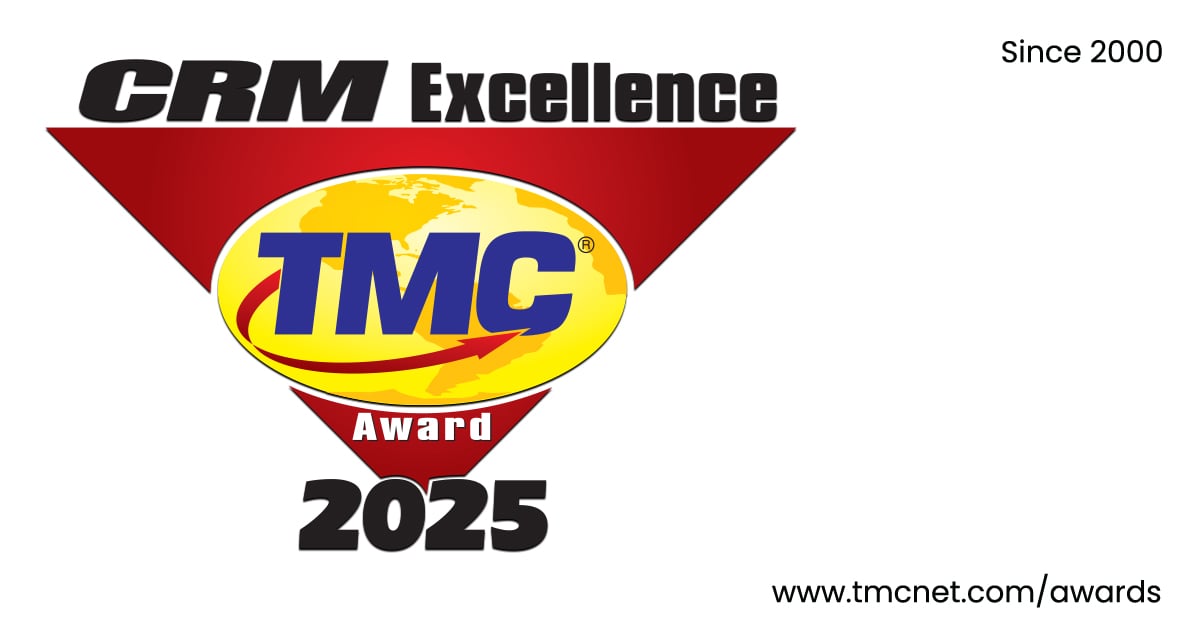Speech Technologies are entering the mainstream, from IVR to Analytics, with an explosion in adoption rate over the last year. The global IVR market alone is expected to grow by USD 2.5+ billion in the next four years.
I recently spent some time with Chris Hodges (SVP sales and marketing) and Ellwood Neuer (SVP solution engineering) of Noble Systems , discussing the growing use of speech and artificial intelligence, both at the consumer level and in contact centers.
Erik Linask: When people think of speech as it relates to customer engagement, IVR is the first thing that comes to mind. But, IVR has gotten a bad reputation over the years. What's created that negative perception?
Ellwood Neuer: I think what created the negative perception is poorly designed IVR systems. We've all been in the “IVR jail” where you’re being asked the same questions repeatedly. They’re just poorly designed IVRs, with no way out.
Chris Hodges: Add to that a lack CTI integration between the IVR and the system of record. What happens is, when you eventually get to an agent, they have to repeat the same questions the customer has already answered, because they can’t access the information.
Another challenge with IVR is that companies tend to morph them over the years. Often, customers don't even know what is in their IVRs until it's time to redo all of them. There's poor change management and poor control over where the routing goes, and whether or not it even works.
EL: How has speech technology evolved and how has that impacted perceptions around IVR?
EN: Well, speech technologies have evolved dramatically. If you just look at the Android or iPhone devices that most people have in their hands,
Ellwood Neuer
they have changed the perception of speech, as have tools like Amazon Alexa for your house. They’ve also changed people’s behavior. Consumers are more used to speaking into devices and, when they do, they are inherently speaking a little more slowly and a little more clearly.
Companies can use that same ‘natural language’ technology instead of just using basic IVR. Now, they can understand and allow you to do things like saying, “I would like to change my flight from London, and book a new flight for Atlanta,” and the system will route you to self-service or send you to the right place to handle the transaction.
But, it’s the technology that has changed and evolved into that natural language understanding that has really dramatically impacted everyone’s perception of speech recognition. It allows your IVR to be more conversational. For instance, you can just answer the phone, “Thank you for calling Noble Systems. How may I help you?” The caller can simply respond in their own words, rather than pushing buttons and, based on what they actually say, the IVR natural language engine understands and can determine what the next steps are. The caller doesn’t have to navigate through a long manual IVR tree to find an answer.
EL: You mentioned Alexa briefly. What impact have Siri, Alexa, Cortana and other speech recognition engines had on how businesses approach voice?
Chris Hodges
CH: I would say that, adding to the previous answer, there's no question that those home voicebot type platforms, whether they are on phones or Amazon ECHO devices, have given consumers the understanding that speech recognition generally works and can be used for simple questions and answers from devices. Using artificial intelligence has gained more recognition.
EN: Those devices have done everything you just said, but they've also changed people’s behavior and how they speak, whether they inherently realize it or not. There’s a fine balance in talking to an AI system so it can understand everything you’re saying and can determine how to help you. In the past, understanding speech was a huge investment; today, it's built into phones, TV remotes, and other common home devices.
The expectation has become that I should be able to talk to technology and have it understand me and gather the information for me. So, when I call into an IVR that I can’t talk to, that’s a problem where businesses need to catch up, right? Consumers want to self-serve and they want convenience. They want to be able to ask the question and get the answer, without having to explain themselves. Ultimately, all they're ever trying to get to is a resolution.
EL: How have you seen the use of speech technology change during the extraordinary events of the past 12 months?
EN: With the Covid effect, we all know that there was a huge impact the first 90 or 120 days as businesses scrambled to get work from home agents up and running. They started to rely heavily on their self-service technologies to take customer calls. Then, they realized how important that element could be and that the more containment they got within their IVRs, it would naturally be easier to serve callers without having live bodies.
So, I think that, in the past 12 months, the number one thing is the digital transformation of businesses. You know, they got five or six years’ worth of digital transformation in the last 12 months. Because of that transformation of content, speech technology can help overcome the challenges of getting information to customers.
It’s one thing to have speech technology that someone can talk to, but it also needs to have the intelligence to then get to the information to resolve that person’s call. That’s the next step, and a lot of companies have now evolved to that point.
CH: Obviously, a big driver, especially early days in the pandemic, was the spike in inbound call volumes into customer care centers, whether it was for travel or hotel reservations, credit card payments, car payments, or what have you. It became more urgent to use speech technologies to help compensate for that.
EL: The last year certainly has packed a punch for customer service teams, and for all contact centers. The technology innovations that are helping create a new outlook for IVR and self-service I look forward to continuing our discussion to look more closely at how speech tools can impact contact center operations and the customer experience.
In the second part of my conversation with Ellwood and Chris, we’ll talk about how businesses can leverage these new speech technologies to create positive customer experiences.
Edited by
Erik Linask





